Welcome to the debut of the Political Junkie podcast, “Why Now?” where I interview historians, journalists, and activists about politics and culture and get things you need to know straight into your ears. If you know someone who might like this podcast, please:

In this debut episode of “Why Now?” I interview Daniel Laurison, Associate Professor of Sociology at Swarthmore College, who studies the connections between economic inequality, racial inequality, and racism in American society and how privilege shapes our political culture. Daniel is also a political junkie like me: not only does he write about politics, when he was a graduate student at Berkeley, worked on the historic 2008 campaign that made Barack Obama the first Black American to become President of the United States.
Show notes:
You can buy Daniel’s book, Producing Politics: Inside the Exclusive Campaign World Where the Privileged Few Shape Politics for All of Us (Beacon Press, 2022), here and learn more about Daniel and his work here.
Learn more about the path-breaking 2004 Howard Dean presidential campaign.
Daniel mentions an important collection about whether political campaigns matter: it’s Henry E. Brady and Richard Johnston, eds., Capturing Campaign Effects (University of Michigan Press, 2006)
There’s a high degree of burnout for political consultants: you can read about it in Ayala M. Pines, “Burnout in Political Activism: Aa Existential Perspective,” Journal of Health and Human Resources Administration 16, no. 4 (1994): 381–94.
Daniel notes that homophily, or people seeking out those like themselves, is a powerful dynamic on election day: you can read more about that phenomenon in the 2020 election in John C. Blanchar and Catherine J. Norris, “Political homophily, bifurcated social reality, and perceived legitimacy of the 2020 US presidential election results: A four-wave longitudinal study,” Analysis of Social Issues and Public Policy (Wiley, November 9, 2021).
Learn more about how progressive Nina Turner lost her Michigan primary this year.
Is the state of Kansas a bellwether on how abortion could drive the 2022 vote?
Claire talked about her experience working on Elizabeth Warren’s 2020 presidential campaign: learn more about the New Hampshire primary here, and Claire's experiences on the campaign here.
Is big money endangering politics? Is it free speech? Learn more from J. Skelly Wright, “Money and the Pollution of Politics: Is the First Amendment an Obstacle to Political Equality?” Columbia Law Review 82, no. 4 (1982): 609–45. You can also check out an explanation of how Citizens United v. Federal Election Commission changed our elections and made political consulting a booming business.


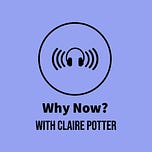




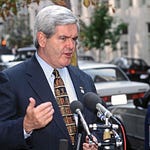

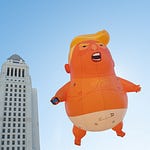
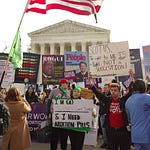
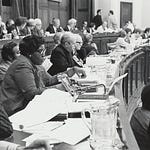

Share this post